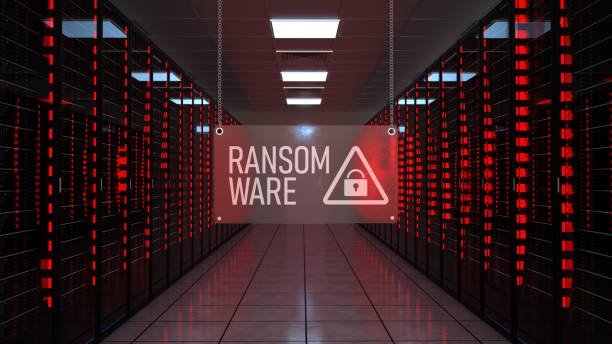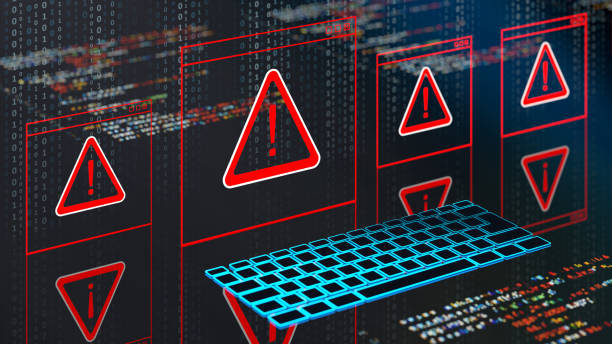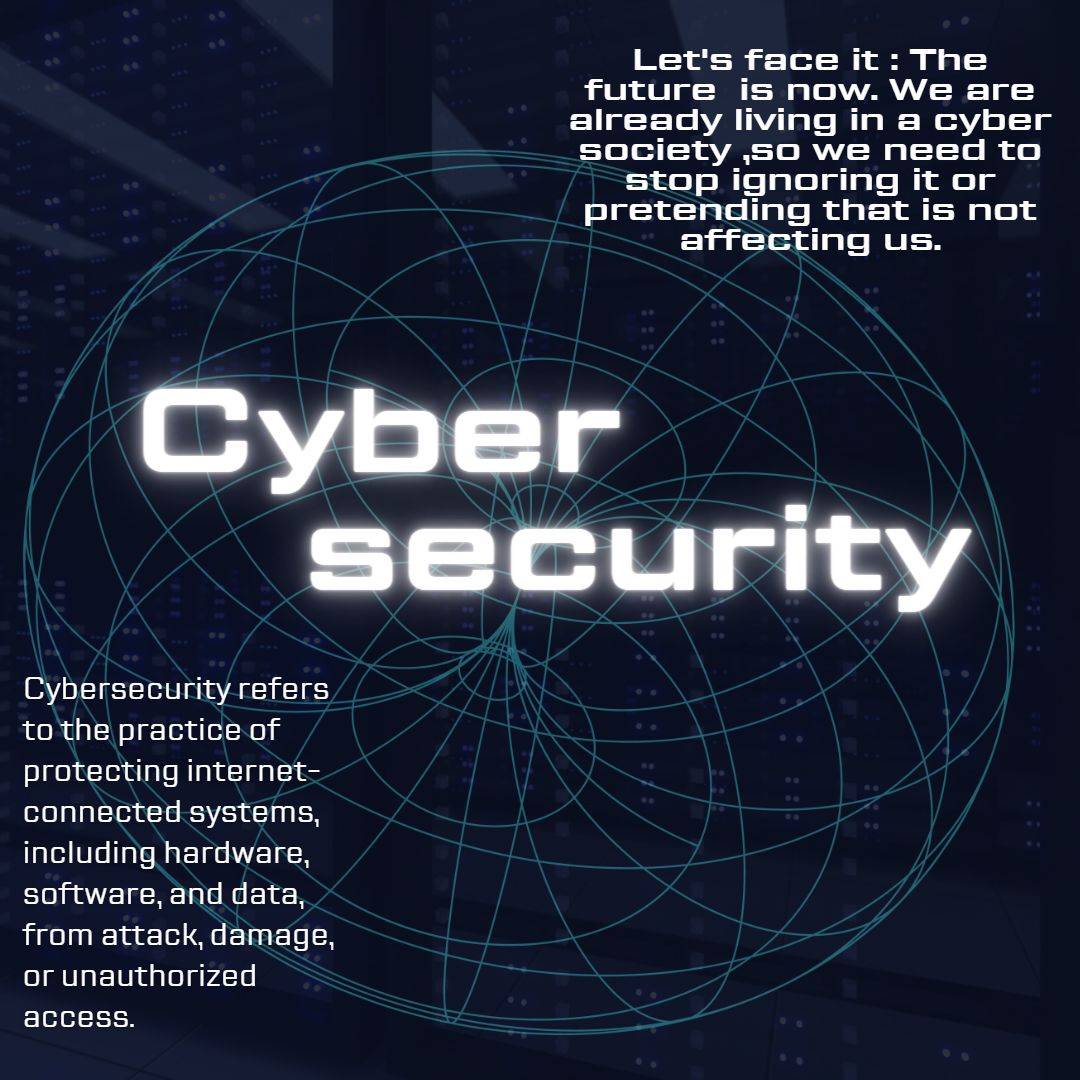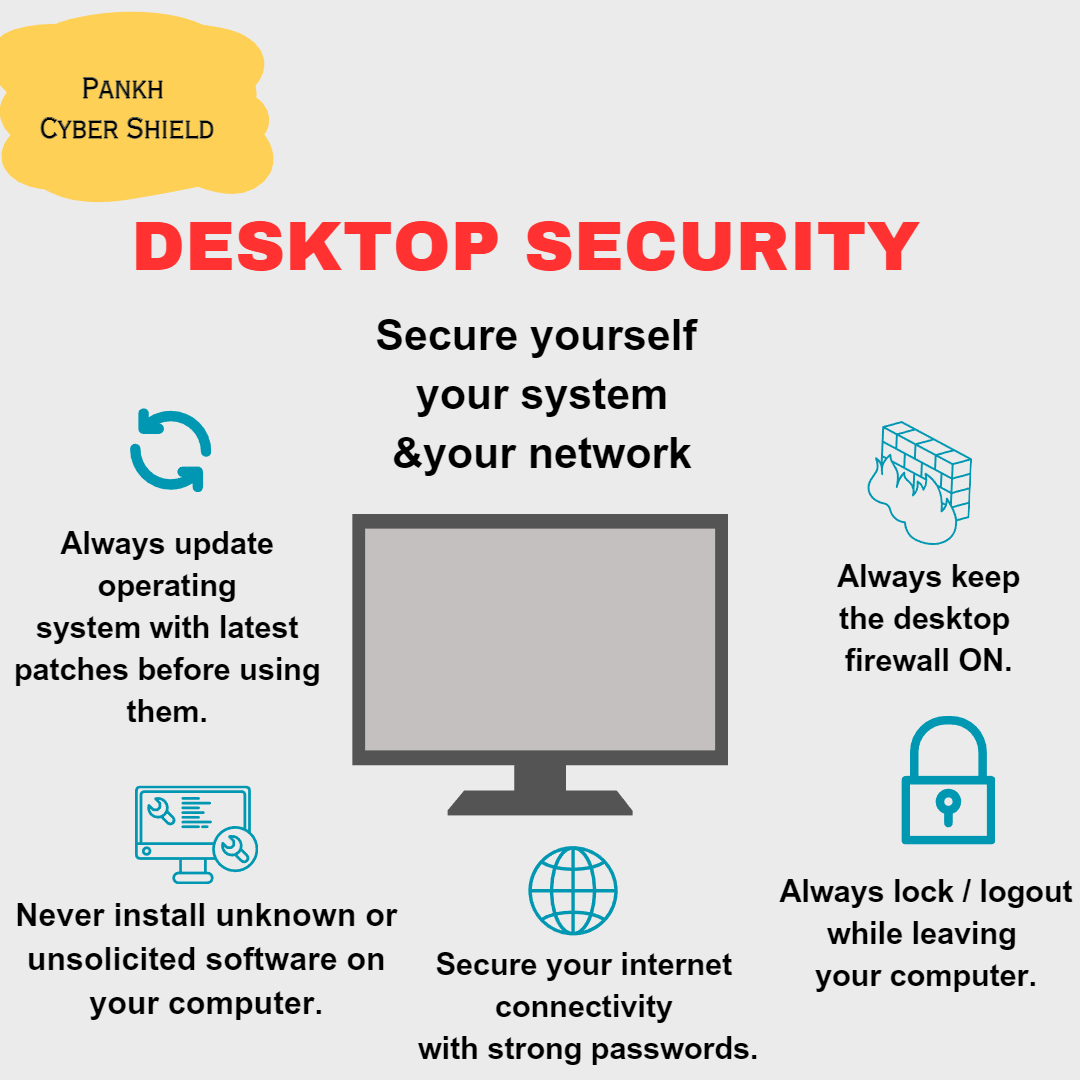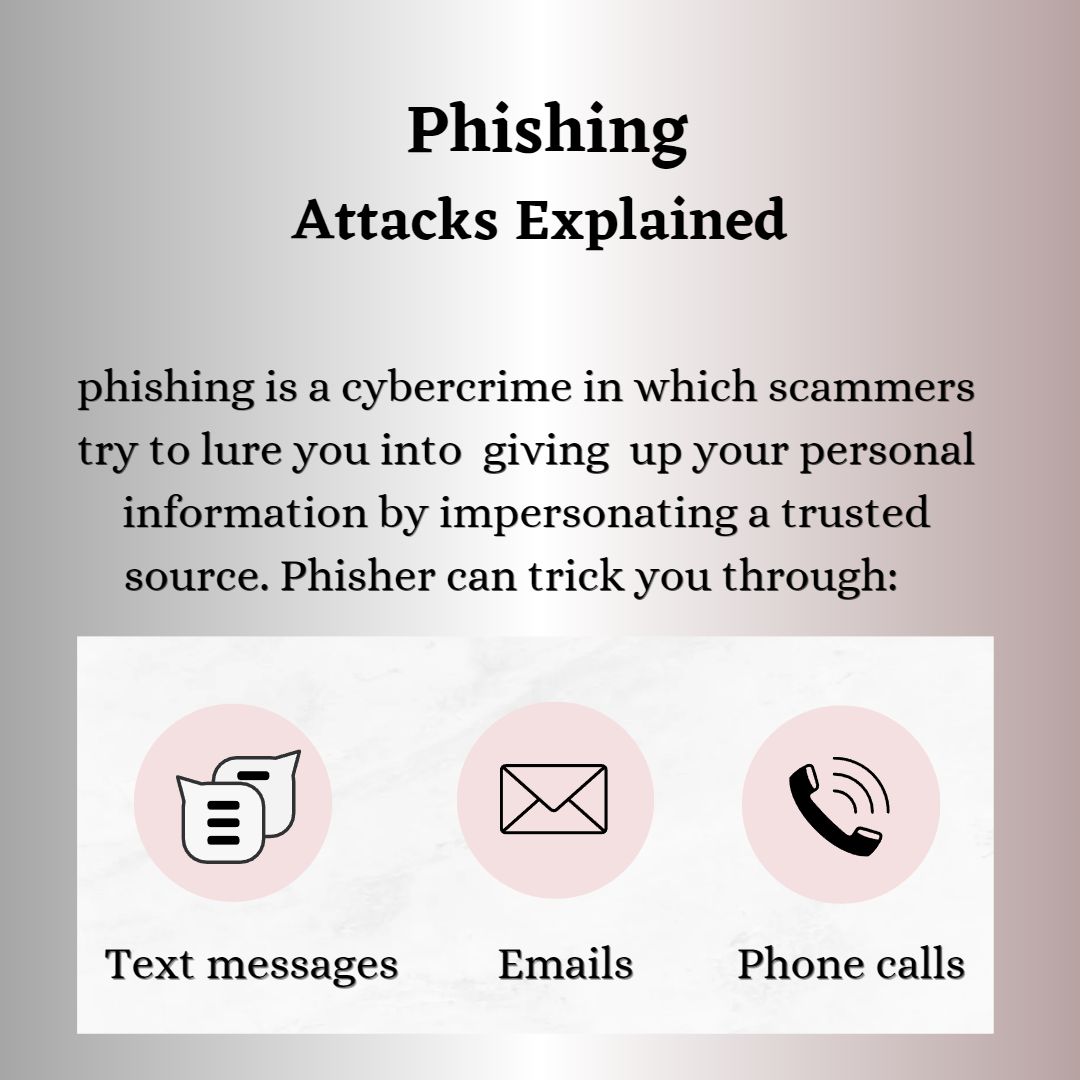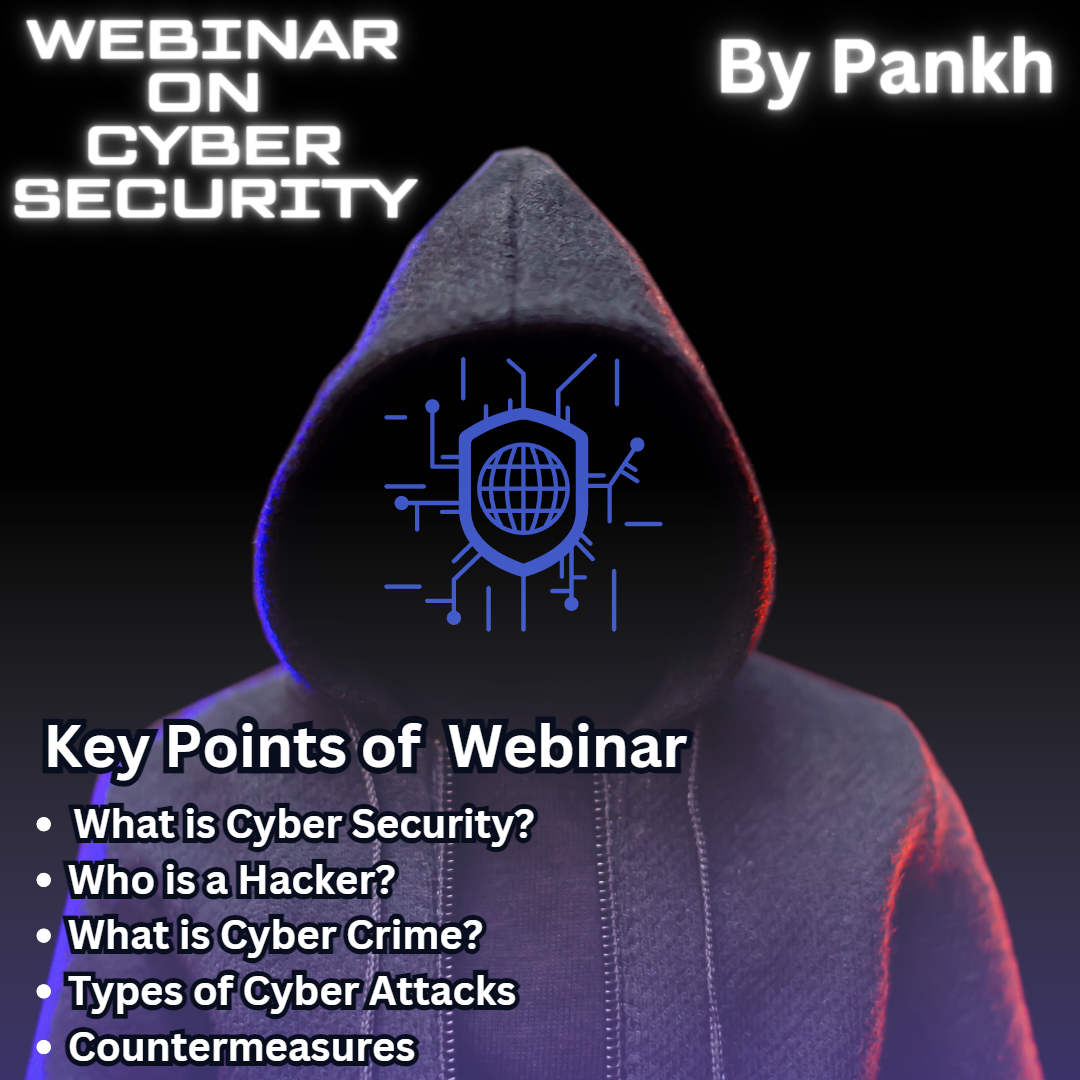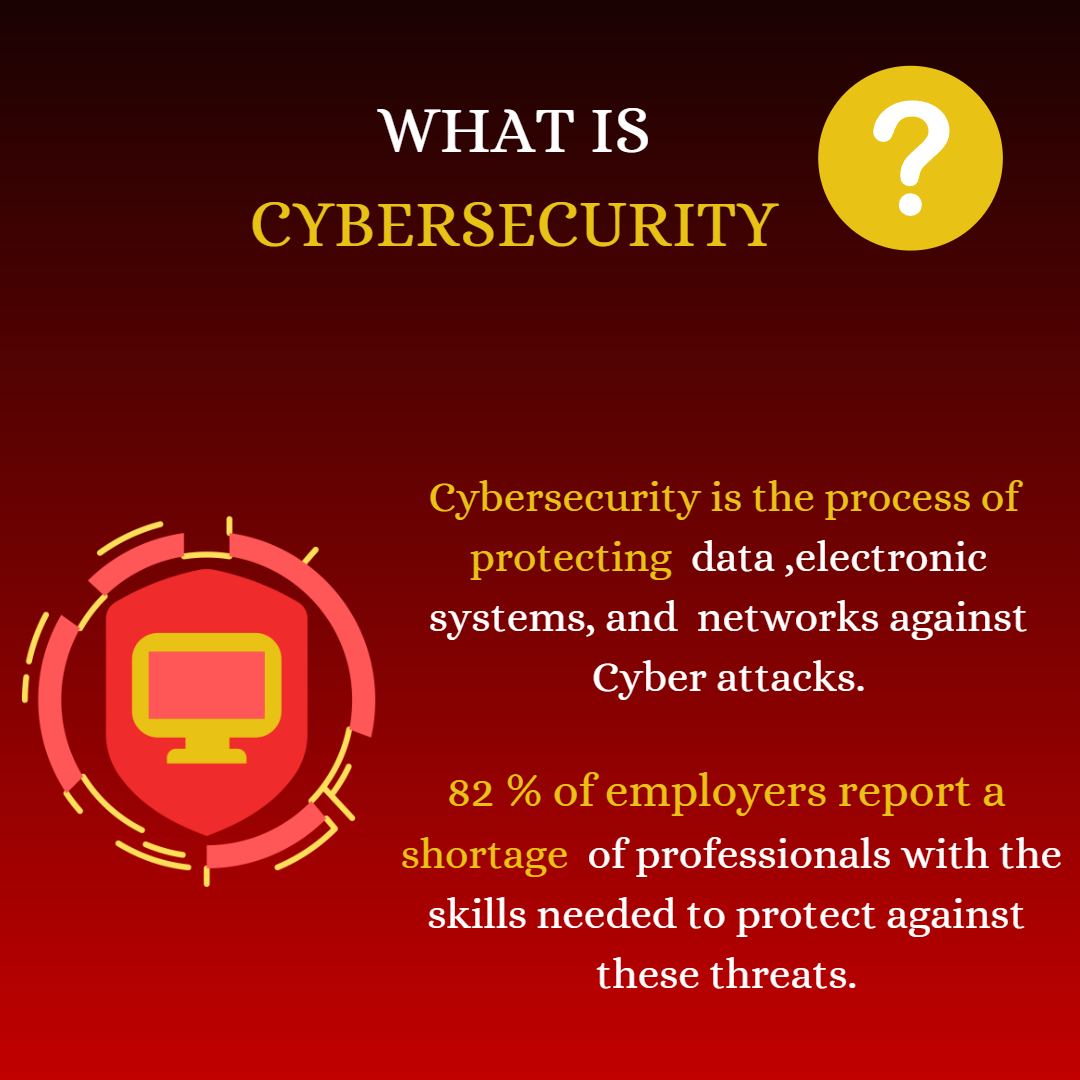Filing a cybercrime complaint involves several key steps. First, you need to gather all relevant information and evidence related to the incident, such as emails, screenshots, chat logs, and transaction records.This evidence is crucial for supporting your complaint.
Here are key aspects of Cyber Crime Complaint
Documentation and Evidence: Collect and preserve all relevant evidence related to the cybercrime, such as emails, chat logs, screenshots, transaction records, and any other digital evidence that can support your complaint.
Detailed Account: Provide a comprehensive and detailed account of the incident, including dates, times, and any other specific details that can help in the investigation. This includes describing how the crime occurred and any potential suspects or sources.
Appropriate Authority: Identify and contact the appropriate authority to report the crime. This could be a local law enforcement agency, a national cybercrime unit, or an online reporting platform specific to your country.
Confidentiality and Privacy: Ensure that your personal information is protected and that you follow any guidelines or protocols for submitting sensitive information to the authorities.
Follow-Up: Maintain regular contact with the authorities to stay updated on the status of your complaint and provide any additional information or cooperation they may require.
Safety Measures: Take necessary precautions to protect yourself from further harm or retaliation. This might include updating passwords, securing accounts, and following advice from authorities on how to safeguard your digital presence.

you can visit your local police station to file a complaint in person. Bring all your collected evidence and be prepared to provide a detailed account of what happened. Some countries also have specialized cybercrime units within their police forces, which can be contacted directly.
After filing your complaint, it’s important to follow up with the authorities to stay informed about the progress of your case. Be sure to provide as much detailed and accurate information as possible to help the investigation. Avoid confronting the cybercriminal yourself and let the authorities handle the situation to ensure your safety.
Step you can follow for Cyber crime complaint
Gather Information:
- Collect all relevant information and evidence related to the cybercrime. This might include emails, screenshots, chat logs, transaction records, etc.
Identify the Appropriate Authority:
- Determine the right authority to file your complaint with. This could be a local law enforcement agency, a national cybercrime unit, or an online reporting platform.
Online Reporting:
- Many countries have dedicated websites for reporting cybercrimes. For example:
- United States: The FBI’s Internet Crime Complaint Center (IC3) at ic3.gov
- India: The Cyber Crime Reporting Portal at cybercrime.gov.in
- United Kingdom: Action Fraud at actionfraud.police.uk
- European Union: Europol’s online reporting tool at europol.europa.eu/report-a-crime
- Many countries have dedicated websites for reporting cybercrimes. For example:
Local Law Enforcement:
- You can also visit your local police station to file a complaint in person. Bring all your collected evidence and be prepared to provide a detailed account of the incident.
Cybercrime Units:
- Some countries have specialized cybercrime units within their police force. Check if your country has such a unit and contact them directly.
Follow-Up:
- After filing the complaint, make sure to follow up with the authorities to stay informed about the progress of your case.
Tips for Filing a Complaint
Filing a cybercrime complaint effectively involves several important tips to ensure your case is thoroughly investigated and addressed. Here’s a comprehensive guide:
Be Detailed
Provide a comprehensive account of the incident:
- Chronology of Events: Describe the incident in a clear, chronological manner. Include specific dates, times, and locations if applicable.
- Incident Description: Explain what happened, how it happened, and the impact it had. Be as specific as possible.
- Evidence: Attach all relevant evidence, such as screenshots, emails, chat logs, transaction records, or any other digital footprints related to the crime.
Be Honest
Honesty is crucial in your report:
- Accurate Information: Ensure that all the information you provide is accurate and truthful. Exaggerations or false information can hinder the investigation.
- Full Disclosure: Disclose all relevant details, even if some might seem insignificant. Small details can sometimes be crucial in solving a case.
Stay Safe
Protect yourself during and after filing the complaint:
- Avoid Direct Confrontation: Do not attempt to confront the cybercriminal yourself. This can be dangerous and might compromise the investigation.
- Secure Your Information: Change your passwords and update your security settings to prevent further breaches.
- Monitor Your Accounts: Keep an eye on your accounts for any suspicious activity and report it immediately.
Gather Evidence
Collecting and organizing evidence is key:
- Digital Evidence: Save emails, take screenshots, and keep chat logs. Ensure that these are preserved in their original form.
- Physical Evidence: If applicable, maintain any physical evidence related to the cybercrime.
- Documentation: Document all interactions with the cybercriminal, including phone calls, messages, and emails.
Contact the Appropriate Authority
Identify and reach out to the correct entity:
- Local Law Enforcement: Visit your local police station if they handle cybercrime cases.
- National Cybercrime Units: Some countries have specialized units for cybercrime. Contact them directly if available.
- Online Reporting Platforms: Many countries offer online platforms for reporting cybercrime. Use these for convenience and efficiency.
Follow Up
Stay engaged with the authorities:
- Regular Updates: Follow up with the investigating officers to stay informed about the progress of your case.
- Provide Additional Information: Be ready to offer more details or evidence if requested.
- Persistence: If you feel your case is not being adequately addressed, escalate it to higher authorities or seek help from consumer protection agencies.
Maintain Confidentiality
Ensure the confidentiality of your information:
- Personal Information: Share sensitive information only with trusted authorities.
- Non-Disclosure: Avoid discussing the details of your complaint publicly or on social media to protect the integrity of the investigation.
Seek Professional Help
Get assistance if needed:
- Legal Advice: Consult a lawyer who specializes in cybercrime for legal guidance.
- Technical Assistance: Seek help from IT professionals to secure your digital assets and gather technical evidence.
Stay Informed
Educate yourself about cybercrime and prevention:
- Research: Stay updated on the latest cybercrime trends and prevention techniques.
- Training: Consider taking courses or training on cybersecurity to better protect yourself in the future.
Use Trusted Resources
Rely on reputable sources for information and help:
- Official Websites: Use government or official cybercrime reporting websites.
- Support Groups: Join support groups or forums for victims of cybercrime for additional advice and support.
A cybercrime complaint is a formal report made to authorities regarding illegal activities conducted via digital means, such as hacking, identity theft, online fraud, cyberbullying, or the distribution of malicious software. This complaint includes a detailed account of the incident, along with any supporting evidence like emails, screenshots, or transaction records. It is submitted to appropriate law enforcement agencies, national cybercrime units, or dedicated online reporting platforms. The objective is to initiate an investigation, stop the perpetrator, and prevent further harm or illegal activities.

A cybercrime complaint is a formal report submitted to authorities detailing illegal activities carried out through digital means. These activities can include hacking, identity theft, online fraud, cyberbullying, phishing, and the distribution of malicious software. When filing a complaint, it is crucial to provide a comprehensive account of the incident, including specific dates, times, and a description of the events. Accompanying this report should be all relevant evidence such as emails, screenshots, chat logs, and transaction records. Complaints can be filed with local law enforcement, national cybercrime units, or through dedicated online reporting platforms provided by governmental agencies. Ensuring the accuracy and thoroughness of the information is essential for the authorities to effectively investigate and address the cybercrime. The objective is to initiate an investigation, halt the perpetrator’s activities, and prevent further harm, while maintaining the complainant’s safety and confidentiality.



